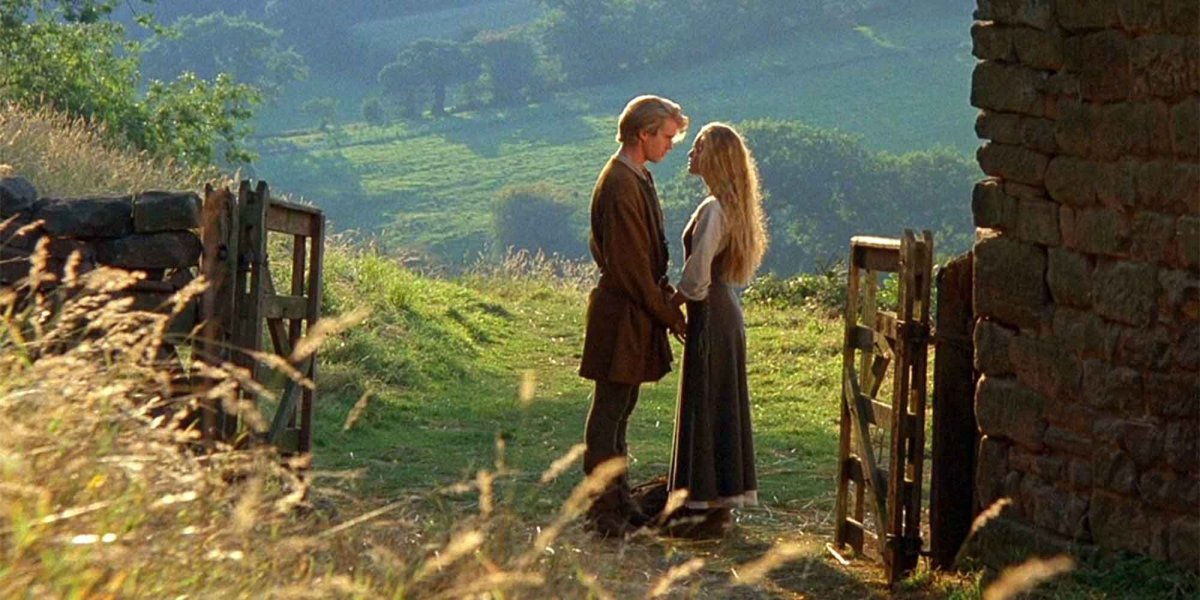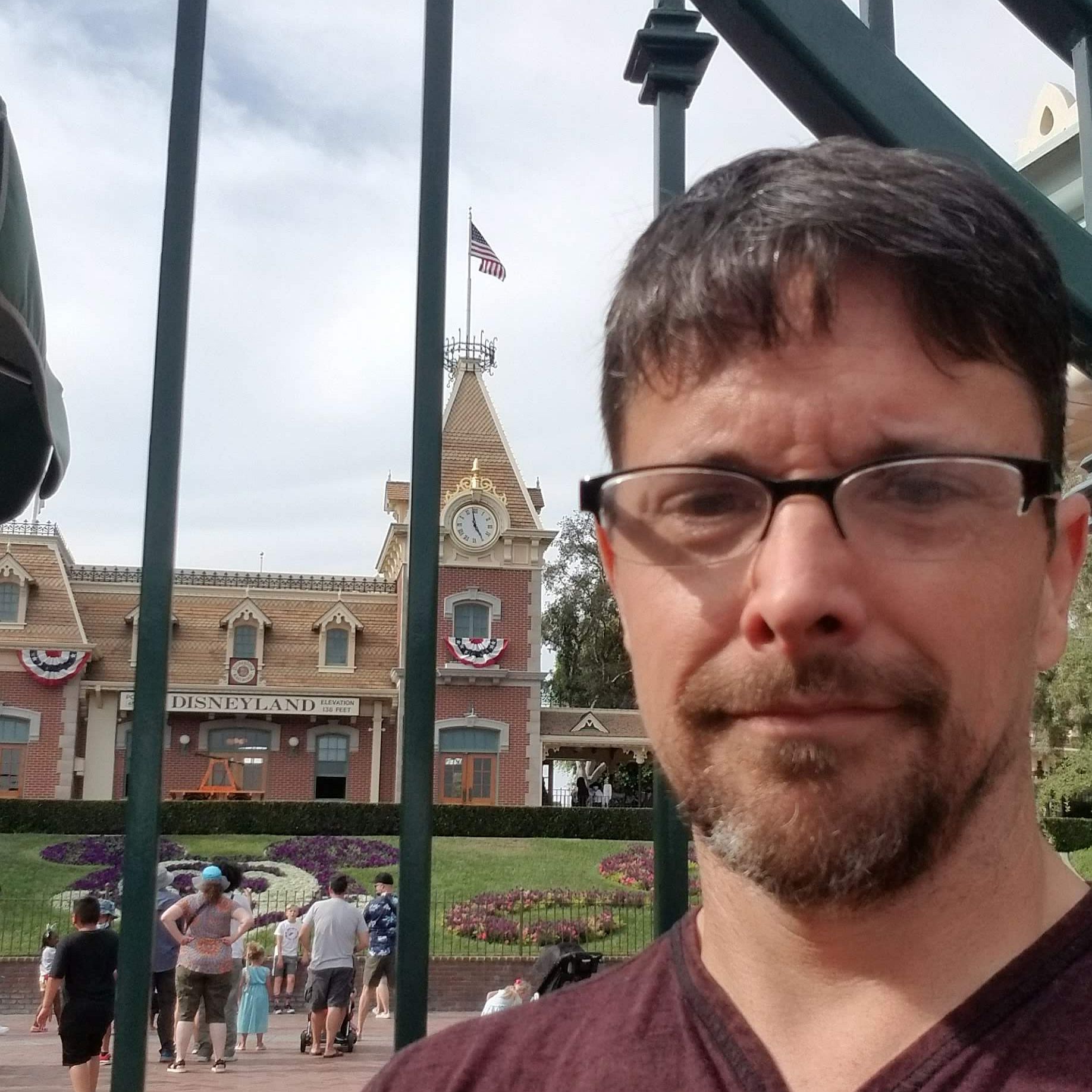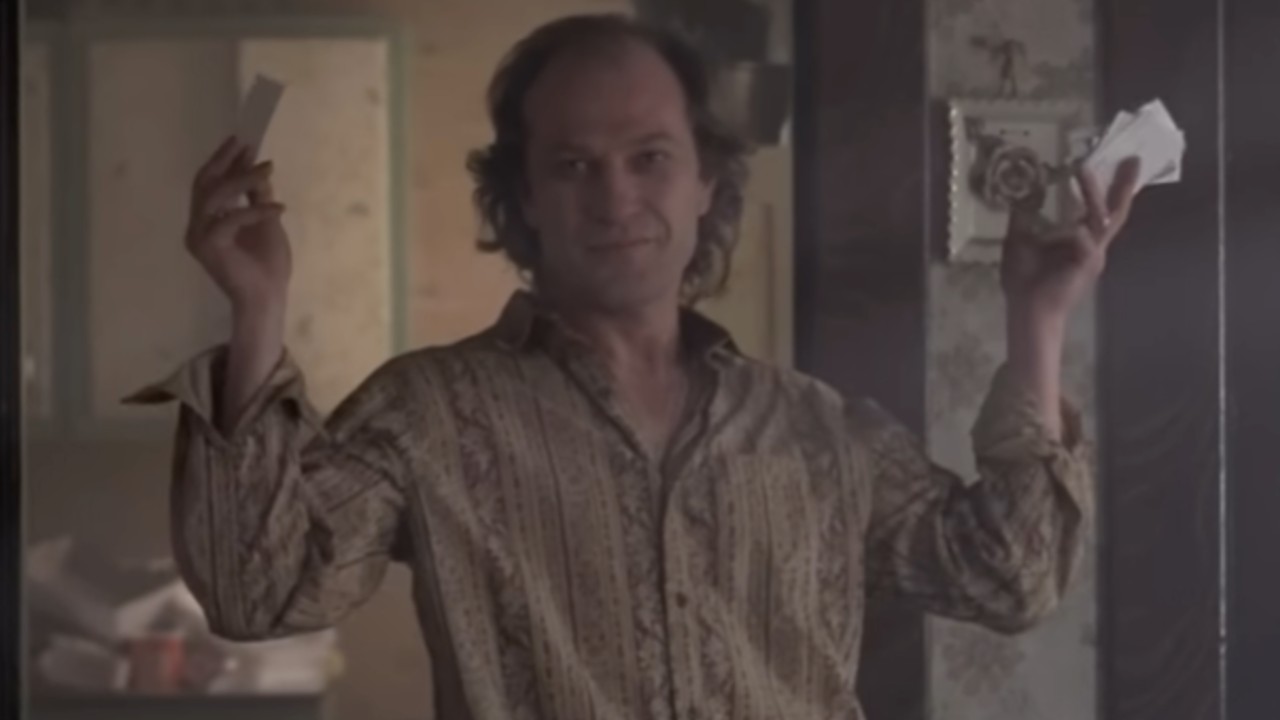You Know, A Princess Bride Remake Actually Isn't A Terrible Idea

Your Daily Blend of Entertainment News
You are now subscribed
Your newsletter sign-up was successful
This week, the internet sort of exploded from a comment by Sony Entertainment CEO Tony Vinciquerra, who revealed that there is, or was, apparently some interest in remaking the classic movie The Princess Bride. The original film by Rob Reiner is pretty much universally adored, and so one can imagine the fans, as well as the actors from the original movie, coming out against such a travesty of art.
Let me start out by saying that The Princess Bride is a fantastic movie that is nearly perfect on its own. I'm part of that generation that largely ignored the movie in theaters, but discovered it on VHS as a kid and fell in love. I've probably seen The Princess Bride more times than most other movies in my life. It's an easy thing to throw on watch and love every time. I bought it twice on DVD after I saw a new edition with additional special features that my first copy didn't have.
I also doubt there are any real plans even being considered to remake it. If anybody was serious about remaking The Princess Bride, it would not be mentioned offhand by the CEO of Sony in a profile on Norman Lear. It would be announced as part of a major PR campaign, likely alongside the names of all the A-list cast and crew being brought in to make the remake excellent. There would be a teaser trailer, a new logo and a release date three years from now.
Having said that, I don't think a remake of The Princess Bride is necessarily a terrible idea, because the thing is, it's a fairy tale. Fairy tales, by their very nature, are stories that get told and re-told over time, and as they are told, they change. There's no reason that this can't happen with The Princess Bride.
Most of the classic fairy tales that we all know are centuries old, and as they were passed down, each generation proceeded to make changes to them. There's a version of Red Riding Hood where she is eaten by the wolf. Cinderella's stepsisters cut off parts of their feet in order to fit into the glass slipper in the version written by the Brothers Grimm. That was penned in the 19th century. The earliest versions of the Cinderella tale date back to Greece somewhere around the first century. There were a lot of changes in between. Most versions of Snow White don't include any dwarfs. The names we know came from Walt Disney.
Fairy tales also cross cultures. There are versions of Cinderella from Asia and the Middle East, and a nearly countless number of versions of Snow White from an equally countless number of countries. These cultures obviously also change the story so that listeners can better relate to them or so that morals better match cultural norms. The end result is dozens or hundreds of versions of the same story over time. Some of them different in subtle ways, some of them virtually unrecognizable beyond some key component pieces.
Whether you consider the Brothers Grimm versions of classic fairy tales to be definitive, or you prefer the more recent Disney movies, the fact is that all of these stories were influenced by stories that came before, and also delivered changes of their own. The evolution of these stories is part of what makes them timeless.
Your Daily Blend of Entertainment News
Even Disney, the company that is essentially the keeper of the modern fairy tale, has embraced this idea. The movie Maleficent, in its opening, claims to be the "true story" behind the fairy tale of Sleeping Beauty, essentially calling Disney's own animated classic an alternate take on the material. All the key components are there, but they fit together quite differently.
Even The Princess Bride itself makes a nod to this idea. William Goldman's original novel purports to be an abridgment of a longer work by an author named S. Morganstern. Peter Faulk's character makes reference to this in the film version as well. This isn't true, of course, it's a literary device, S. Morganstern doesn't exist. but even The Princess Bride, in the fiction of the universe where it exists as a fairy tale, is a story that has been changed from one author to the next. Who's to say that S. Morganstern's novel wasn't, itself, inspired by an earlier story that the author modified for his own purposes.
And so, knowing all this, why remake The Princess Bride? I agree that we don't need a strict remake that tells exactly the same story, but what about something else? Why not? It fits perfectly within the concept that The Princess Bride is a fairy tale. It would make sense that there are multiple versions of the story out there, so grab one of them, make something based on the core concepts and do something fresh.
Take the key plot points, the farm boy, the girl he loves, and the evil prince, and then move them in an entirely new direction. Maybe in the new version, the farm boy and the Dread Pirate Roberts aren't the same person. Perhaps, instead of becoming a pirate, the farm boy becomes a wealthy king in a neighboring land. Maybe he doesn't leave to seek his fortune but is arrested an imprisoned for years. If the story of The Princess Bride were 1,000 years old, how would the story be different if we looked at it 500 years ago, or 500 years from now?
Or what if we shift The Princess Bride into another culture? How does the story change if it becomes Chinese or Russian or Mexican? An African version of The Princess Bride is going to be dramatically different than the movie we know simply by making that change. It wouldn't simply change the race of the actors involved, but the motivations and goals of those characters.
I'm certainly not going to argue that I think we need a remake of The Princess Bride. We don't. Having said that, I also don't think that seeing a remake happen is the end of the world. Good movies can be made from anything, and that includes remakes. Terrible remakes don't ruin great movies. Great movies live on, and terrible remakes get largely forgotten.
Odds are that for every version of a classic fairy tale that has survived, several more have been lost to time. Changes that were made to stories that people didn't like were left out the next time the story was told. That's how it works.
The Princess Bride is designed to look like a classic fairy tale as a storytelling device, but at the end of the day, it actually is a modern fairy tale. Fairy tales change and evolve over time, and we shouldn't be afraid to let this one do the same.

CinemaBlend’s resident theme park junkie and amateur Disney historian, Dirk began writing for CinemaBlend as a freelancer in 2015 before joining the site full-time in 2018. He has previously held positions as a Staff Writer and Games Editor, but has more recently transformed his true passion into his job as the head of the site's Theme Park section. He has previously done freelance work for various gaming and technology sites. Prior to starting his second career as a writer he worked for 12 years in sales for various companies within the consumer electronics industry. He has a degree in political science from the University of California, Davis. Is an armchair Imagineer, Epcot Stan, Future Club 33 Member.
